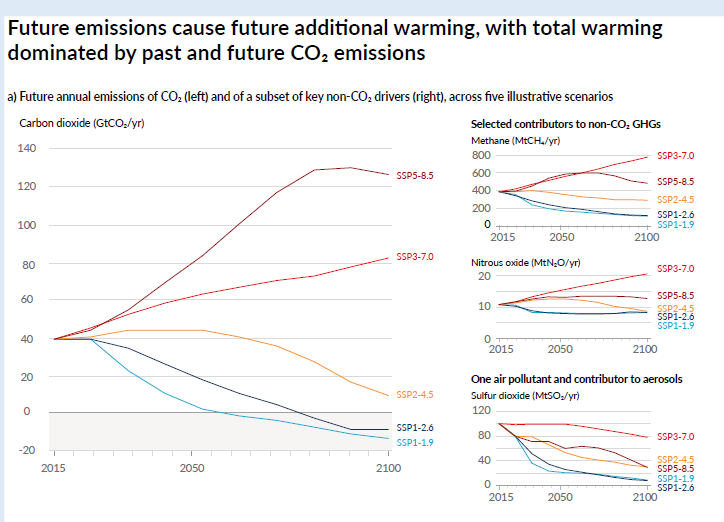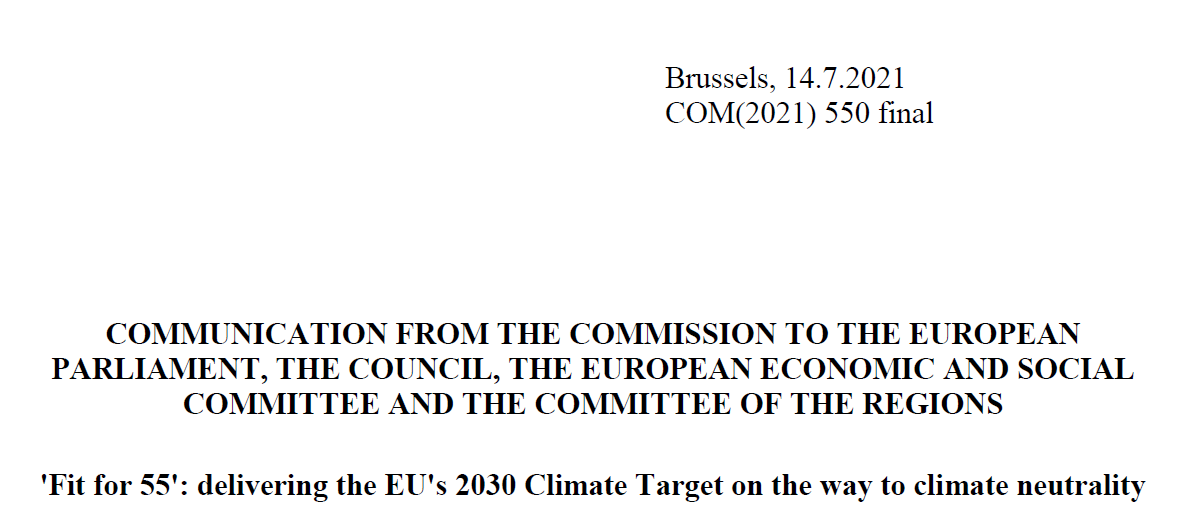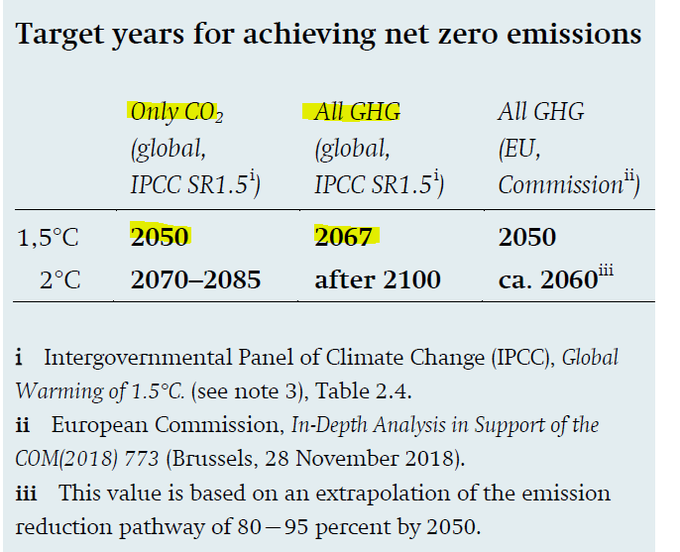
Today, we'll enter the long but final stretch for #IPCC #AR6 WG III report on mitigation - the virtual approval session, finalizing the 'Summary for Policymakers' (SPM) with governments Full Report and SPM to be published on April 4
Some insights...
ipcc.ch/meeting-doc/ip… [1/n]
Some insights...
ipcc.ch/meeting-doc/ip… [1/n]

First WG IIl lead author meeting took place 3 years ago, the process in itself way earlier. There've been delays because of #COVID19, but "Final Draft Report" has been submitted already in Nov 2021. The last months of work have been mainly about SPM
ipcc.ch/about/preparin…
[2/n]
ipcc.ch/about/preparin…
[2/n]

There are strict confidentiality rules in the #IPCC when it comes to content, but as an intergovernmental organization, the #IPCC is quite transparent when it comes to process.
apps.ipcc.ch/eventmanager/d…
[3/n]
apps.ipcc.ch/eventmanager/d…
[3/n]

WG III #AR6 Summary for Policymakers is organized by Headline Statements (HS), approval process is bundled in packages
apps.ipcc.ch/eventmanager/d…
[4/n]
apps.ipcc.ch/eventmanager/d…
[4/n]

There is a standard process for approving each Headline Statement, vs. plenary, contact groups, huddles (if needed), and plenary again
apps.ipcc.ch/eventmanager/d…
[5/n]
apps.ipcc.ch/eventmanager/d…
[5/n]

All these processes run in parallel, leading to a complex schedule. Furthermore, in a virtual approval session, government delegates and SPM authors work from their respective timezones. Plenary starting at 15:00 UTC runs 2-5:00am if you're in Syndney
apps.ipcc.ch/eventmanager/d…
6/n
apps.ipcc.ch/eventmanager/d…
6/n

The schedule changes in the 2nd week. A plenary starting 5:00 UTC will run from midnight to 3am if you're in Washington
If you're in Europe or Africa, schedule is still quite okay in the 2nd week
apps.ipcc.ch/eventmanager/d…
[7/n]
If you're in Europe or Africa, schedule is still quite okay in the 2nd week
apps.ipcc.ch/eventmanager/d…
[7/n]

Detailed modalities are quite similar to in-person approval sessions. And remember that this is not the first virtual #IPCC approval. Working Groups I and II approval sessions took place this way in August 2021 and February 2022
apps.ipcc.ch/eventmanager/d…
[8/]

apps.ipcc.ch/eventmanager/d…
[8/]


During following 2 weeks, you shouldn't hear anything from inside, but @IISD_ENB will post photos every day.
Approval shd be finished by April 1, report published April 4 (11am CEST). And some days after that you'll be able to read the always excellent @IISD_ENB analysis
[end]

Approval shd be finished by April 1, report published April 4 (11am CEST). And some days after that you'll be able to read the always excellent @IISD_ENB analysis
[end]


• • •
Missing some Tweet in this thread? You can try to
force a refresh


















